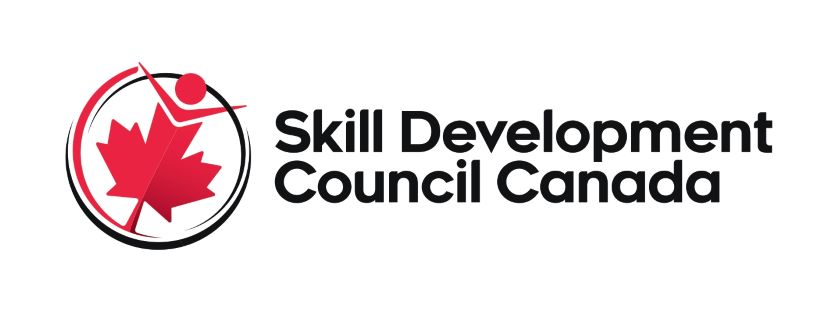International Diploma in Environmental and Sustainable Engineering
Course Overview: The International Diploma in Environmental and Sustainable Engineering is a comprehensive program designed to equip individuals with the knowledge and skills necessary to address today's most pressing environmental challenges. This intensive program explores the core principles of environmental engineering, sustainability practices, and their integration into engineering design and decision-making. Through a combination of theoretical and practical learning, graduates will gain the expertise to develop and implement sustainable solutions across various engineering disciplines.
Learning Objectives
- Gain a thorough understanding of environmental regulations, standards, and best practices.
- Develop a strong foundation in environmental science and engineering principles, including water and wastewater treatment, air pollution control, solid waste management, and environmental impact assessment.
- Master the application of sustainable design principles in engineering projects, considering environmental, economic, and social factors.
- Equip with the skills to assess and mitigate environmental risks associated with engineering projects.
- Enhance critical thinking, problem-solving, and communication skills to effectively address environmental challenges.
Qualification Structure: The International Diploma in Environmental and Sustainable Engineering in the construction Industry consists of 10 mandatory units for a combined total of 54 credits, 540 hours of Total Qualification Time (TQT), and 270 Guided Learning Hours (GLH) for the completed qualification.
Course Content
Module 1: Introduction to Environmental Engineering and Sustainability
- Environmental Fundamentals (ecology, pollution types, climate change).
- Introduction to Sustainability Principles (Triple Bottom Line - social, economic, environmental).
- Environmental Policy and Regulations.
Module 2: Environmental Impact Assessment
- Environmental Impact Assessment (EIA) methodologies and tools.
- Life Cycle Assessment (LCA) for sustainable product design.
- Environmental risk assessment and mitigation strategies.
Module 3: Water and Wastewater Treatment
- Water resources management and treatment processes.
- Wastewater treatment systems and technologies.
- Water quality monitoring and analysis.
Module 4: Air Pollution Control
- Sources and types of air pollution.
- Air pollution control technologies and strategies.
- Indoor air quality management.
Module 5: Solid Waste Management
- Waste minimization and source reduction strategies.
- Waste collection, transportation, and disposal options.
- Sustainable waste management practices.
Module 6: Renewable Energy Technologies
- Overview of different renewable energy sources (solar, wind, hydro, geothermal, biomass)
- Design and implementation of renewable energy systems
- Economic and environmental benefits of renewable energy
- Case studies and real-world applications
Module 7: Climate Change and Adaptation Strategies
- Fundamentals of climate science
- Impacts of climate change on natural and human systems
- Mitigation strategies and adaptation techniques
- Policy frameworks and international agreements (e.g., Paris Agreement)
- Role of engineering in climate resilience and sustainability
Module 8: Sustainable Engineering Design
- Integrating sustainability principles into engineering projects.
- Green building technologies and materials.
- Renewable energy systems and applications.
Module 9: Environmental Management Systems (EMS)
- ISO 14001:2015 standard for environmental management systems.
- Implementing and auditing EMS within organizations.
- Environmental performance monitoring and reporting.
Module 10: Professional Development
- Communication and negotiation skills for environmental professionals.
- Project management for sustainable engineering projects.
- Environmental engineering ethics and legal considerations.
Duration and Delivery: The qualification will be flexible in its delivery to accommodate part-time and distance learning. The International Diploma in Environmental and Sustainable Engineering in the construction Industry program will typically span over 04 to 06 months, including classroom lectures, practical exercises, distance, and online.
Assessment and verification: All units within this qualification are internally assessed by the Fire Safety Management Institute. Learners must have a minimum of 50% marks in each unit to achieve a 'pass' grade for this qualification.


